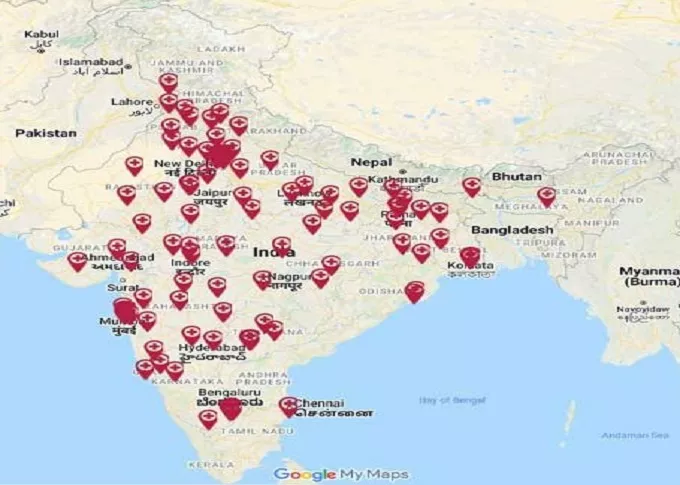Pregnancy Term & Calculator
A pregnancy calculator week by week helps account for all that progress. The calculators are essential in understanding and following up with the baby's developmental stages and in preparing for the needs of each pregnancy trimester. Other calculators, like the pregnancy month calculator, measure data in months, which may be more feasible for some parents.
Calculate Now!

Myth: Pregnancy calculators can determine the exact date of conception.
Fact: They estimate conception based on your last period but can't pinpoint the exact date due to ovulation and sperm survival variations.
Congratulations!
Hey there! Your estimated due date is
Your baby was most likely conceived on
You have been pregnant for
and
* The result is an estimate assumed for single pregnancy.
Results for multiple pregnancies may differ.
- Trimester 1
Jul 15 - Oct 13 - Trimester 2
Jul 15 - Oct 13 - Trimester 3
Jul 15 - Oct 13
How to Use Pregnancy Calculator
Are you wondering how to use a pregnancy or a due date calculator? You will need to fill in details about your pregnancy. Most of the time, the due date calculator will want you to provide your LMP and cycle length. Some may require adding your age or how many previous pregnancies you have had.
Here is the simplest guide to using a pregnancy calculator:
- Choose a Calculator : You can find a pregnancy or a due date calculator online or in a pregnancy app. There are several calculators, so you can try some of them to see which one you are most comfortable with.
- LMP Entry : You may be asked to add the first day of your last menstrual period (LMP). This is a reference point to help calculate the total period you have been pregnant.
- Cycle Length : Enter the average time elapsed between the onset of your period and the onset of the subsequent period.
- Additional Information : If asked, include additional information, such as your age or whether it's your first pregnancy.
- Calculate : Click the ‘calculate’ button to receive an estimated due date.
Keep in mind that the due date suggested by a pregnancy month calculator is an estimate. The length of pregnancy can vary depending on several factors; thus, it may not be completely accurate in all cases. Discuss your due date with your health professional. They will be able to give you more specific information and guidance.
Note: The interface of each pregnancy calculator may vary.
How are Trimesters Calculated?
The duration of pregnancy is generally categorised into three trimesters, which are as follows:
- First Trimester : Weeks 1-12. In this period, fetal development involves the formation of the heart, brain, limbs, and other structures.
- Second Trimester : Weeks 13-28. In this period, the baby continues to grow, and one can start to feel the movements.
- Third Trimester : Weeks 29-40. The baby’s organs mature during these weeks, and the mother’s body prepares for childbirth.
Calculators—including the IVF pregnancy week by week calculator —allow expectant mothers to track minute details regarding the stages of development that the baby will undergo during each of the trimesters of pregnancy.
Are Online Pregnancy Calculators Accurate?
Online pregnancy week calculators give a fair idea of the pregnancy timeline. However, please bear in mind that the dates given are just approximate. It's important to understand that a pregnancy calculator based on your conception date will offer a good approximation of the baby's arrival. However, most women do not know their exact date of conception and hence cannot determine their due date very well.
While most of these tools are convenient, seeing a doctor for accurate tracking and monitoring is always best. A doctor may change your due date during your pregnancy, depending on the outcome of an ultrasound test that will indicate impacting factors such as the baby's size. You can use a pregnancy month calculator as an estimate of when you will deliver, but you really will not know until you go into labour, which can occur any time one to two weeks on either side of your calculated due date.
Planning for Pregnancy
Calculating pregnancy is just one thing. What's more complex is planning for pregnancy. Here are the steps to plan a pregnancy:
- Preconception Check-up : Consult your doctor to rule out or find complications or any health problems and to ensure that you are in the best of health.
- Healthy Lifestyle : Good diet and exercise, along with avoiding harmful substances, are recommended. This will help promote fertility and good health in general.
- Knowing the Cycle of Ovulation : Knowing your ovulation cycle helps you determine the timing of intercourse to conceive. The week-by-week pregnancy calculator will help you keep track of ovulation and fertile windows.
Pregnancy Detection
Early detection of pregnancy is essential to seek timely prenatal care. Home tests are most common, and they detect the presence of the hormone HCG in urine. Blood tests and ultrasounds are more precise and provide more information about the health of the mother and child during pregnancy and the gestational age.
Pregnancy Management
This includes regular prenatal visits to the doctor, monitoring one's health, and treating any complications that may arise. The most important ones include:
- Prenatal Vitamins : These vitamins are essential for fetal development. The most important among these is folic acid.
- Monitoring : This is important in checking the baby's growth and the mother's health. One has to be keen on this since, at times, some complications may arise.
- Lifestyle Adjustments : These include avoidance of certain foods, reduction of stress, and resting enough, among many others.
Health and Nutrition Tips During Pregnancy
Good health and nutrition during pregnancy are critical for both, mother and baby. The tips for the same are as follows:
- Balanced Diet : Include as much variety of nutrients as proteins, carbohydrates, fats, vitamins, and minerals.
- Hydration : Drink plenty of water to keep the body well hydrated.
- Avoid Certain Foods : Raw or undercooked foods, unpasteurized dairy, and too much caffeine should be avoided.
- Regular Exercise : Light to moderate exercises such as brisk walking or swimming are recommended.
- Adequate Rest : Get enough rest and sleep to satisfy the body's increased needs.
Be it a general pregnancy week calculator or an IVF pregnancy calculator, both help in gaining valuable insight into the pregnancy journey. While they help in making useful estimates, only visiting a health professional ensures proper tracking and monitoring. It is only through effective planning, good pregnancy management, and good health and nutrition that expectant parents can give their children the best possible start.
Pregnancy Calculator Tools for Confident and Stress-Free Pregnancy Planning
Get quick understanding of your fertility cycle and accordingly make a schedule to track it
Get a free consultation!













